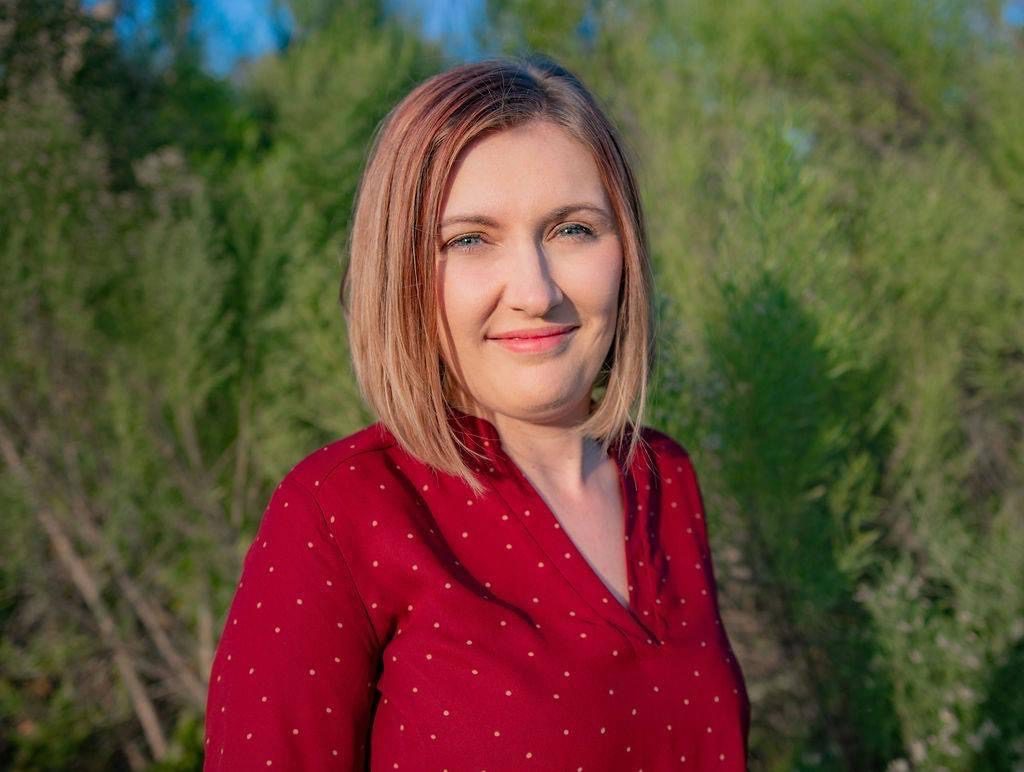It’s the hardest job you will ever do.
What are you most excited to do as a Dole Caregiver Fellow?
I’m excited to share my caregiving story to bring recognition to what military caregivers go through, and hopefully be able to help enact change so their journey can be easier than mine.
What does being a military or veteran caregiver mean to you?
It’s a new identity that doesn’t define me. It’s trying to balance even more than before but making sure I maintain myself. For me personally, it means seeking change so that no one has to walk the difficult road I did.
How has your life changed since you became a caregiver? What sacrifices have you had to make?
I don’t get to have a bad day. My emotions affect him and if I’m having a bad day it’s contagious. So the bad days for either of us are just worse than ever. My mental state has also been sacrificed a lot.

My Story
When Megan Powell married her Army officer husband Jesse, they agreed to live Army life as a team. Over 10 years, she followed and supported Jesse as both a spouse and often as a volunteer with his unit’s family readiness group. Now, as the result of what Jesse endured while in uniform, Megan continues to support him as his caregiver.
Each of Jesse’s four deployments to Afghanistan was marked by traumatic events. When he began to have problems with emotional issues, focus, and memory loss, he suspected it was probably post-traumatic stress disorder (PTSD). It wasn’t until Jesse started treatment for PTSD that he was diagnosed with a traumatic brain injury (TBI). The exact moment it occurred they’re still unsure of. Jesse struggled to get access to mental health care in the active duty system. Megan spent her days researching TBIs and treatments for his injuries and her nights helping Jesse manage his anxiety, depression, and mental focus.
Jesse medically retired in October 2021, and they moved back to Tennessee. Megan continues to provide emotional support to Jesse and cares for their son. She also struggles with her own anxiety and depression and feels she can’t have her own bad days while caring for her family.
As a mother, Megan strives to support their young son who serves as a hidden helper and understands his dad’s injuries. She wants to bring attention to the role that her child, and military caregiving kids and youth like him, play in caregiving homes.
Her experience as an active duty caregiver was confusing and isolating as she navigated still being a military spouse, while also a caregiver. Through their experience, Megan recognized the need for support of military caregivers like herself who are excluded from their service member’s care, not recognized as a caregiver, and offered few resources. Megan now advocates for better recognition of active duty caregivers and better mental health care for currently serving service members.










